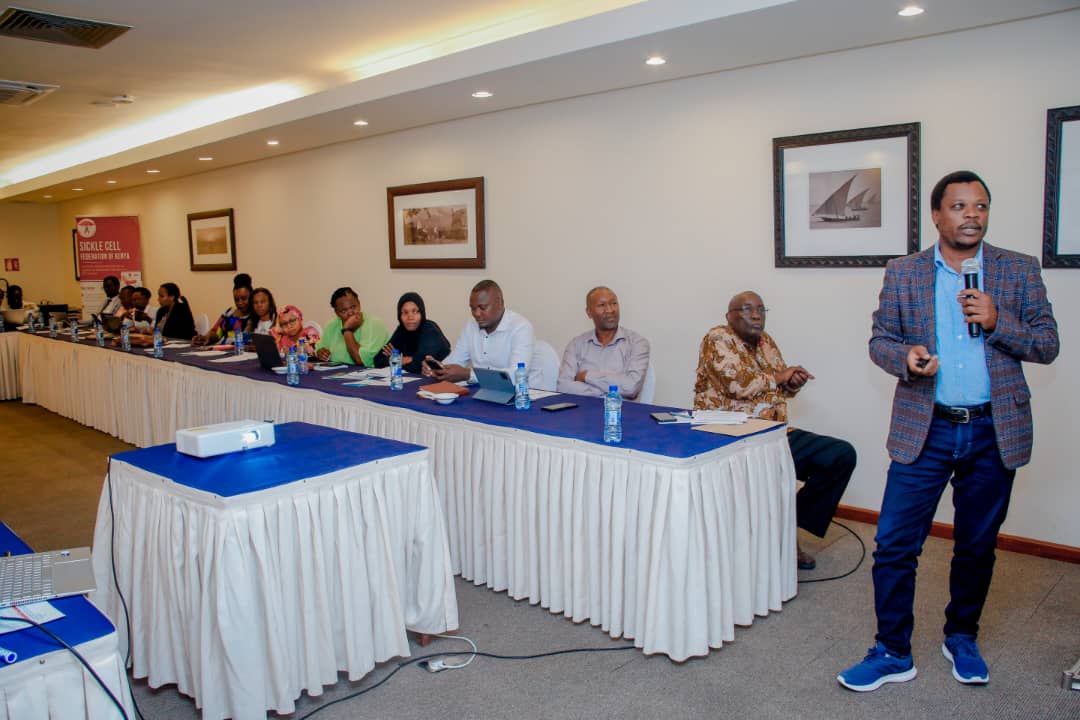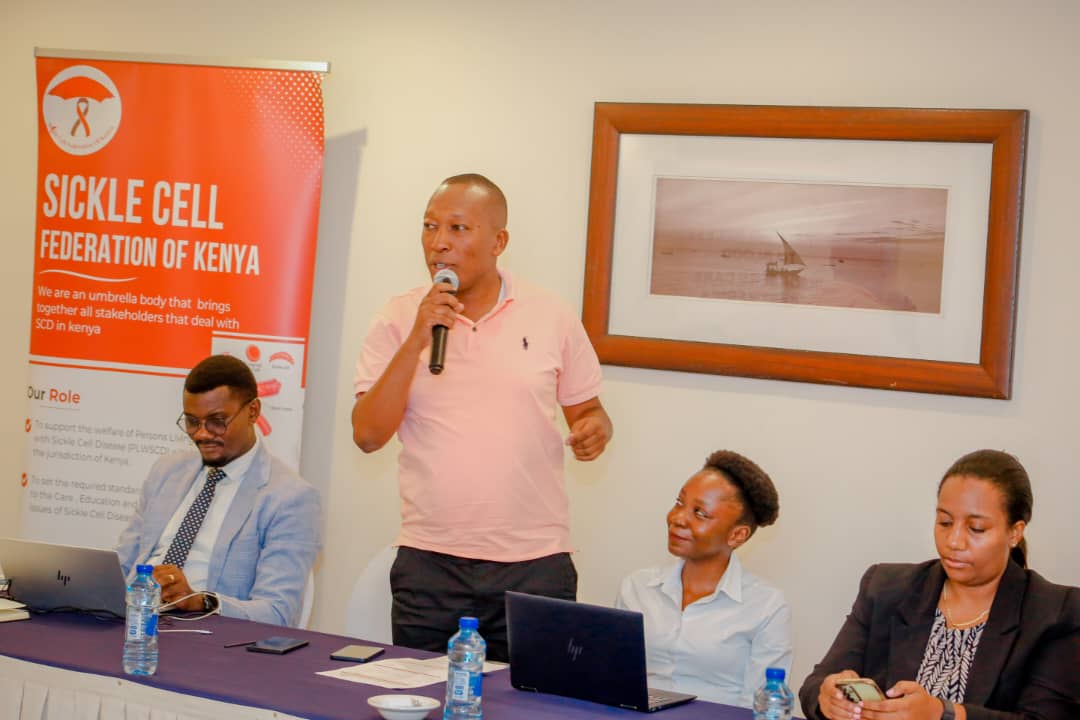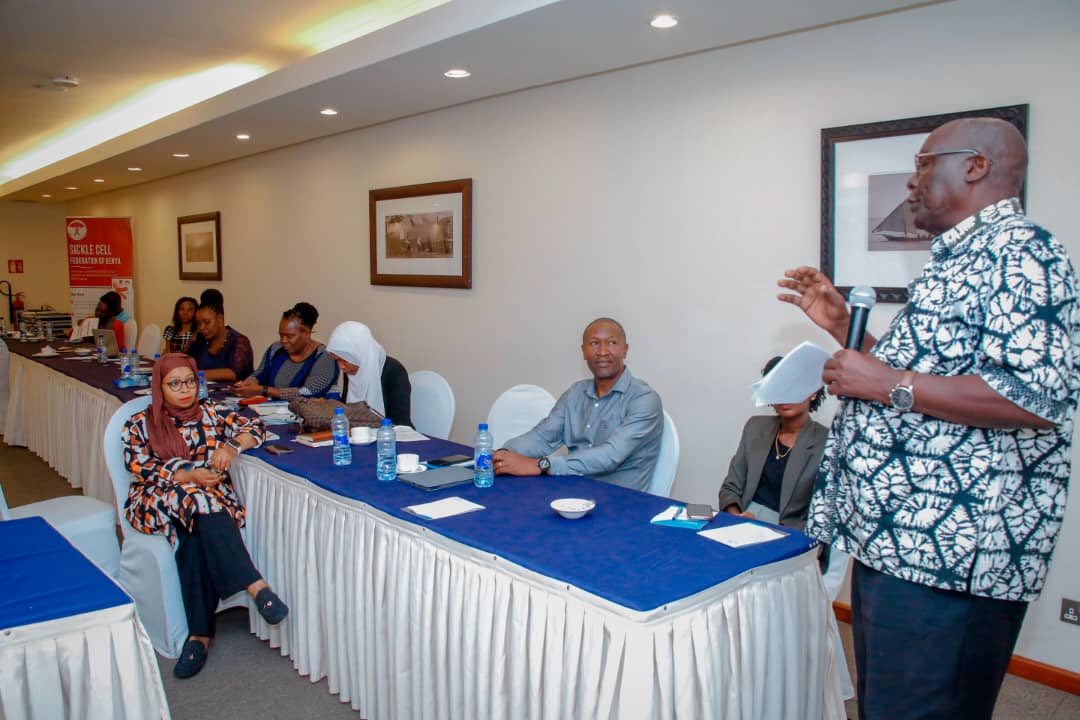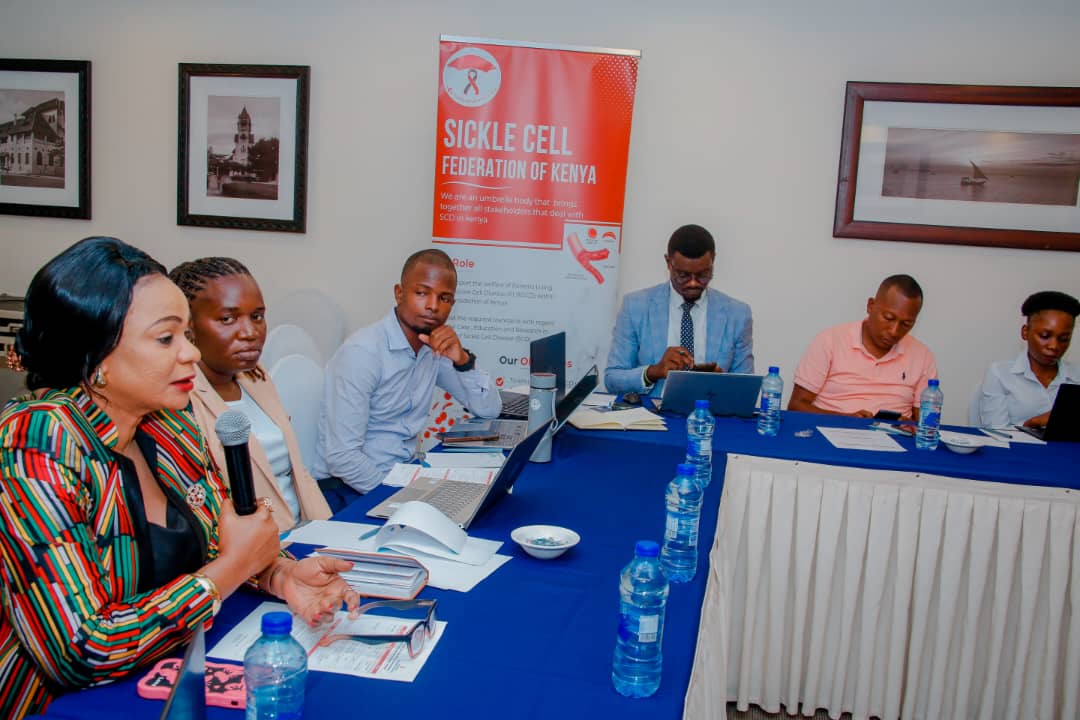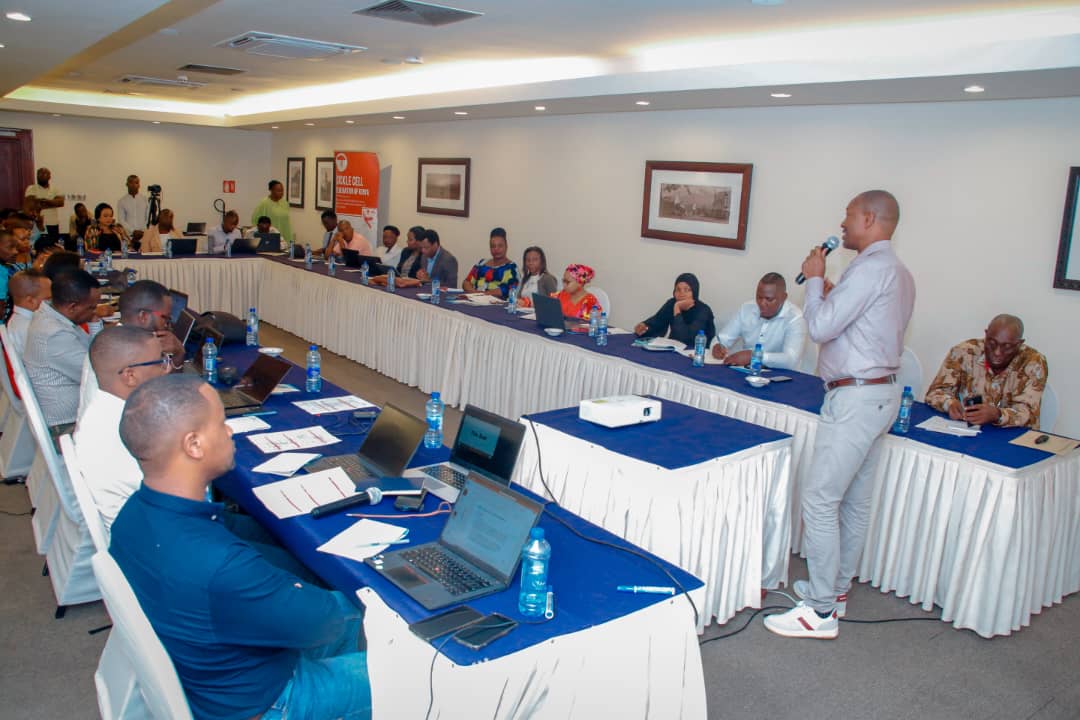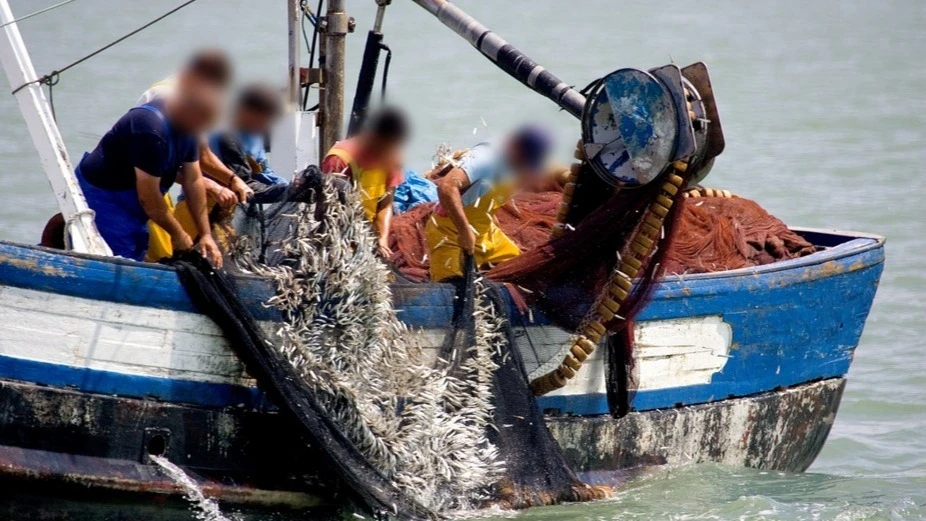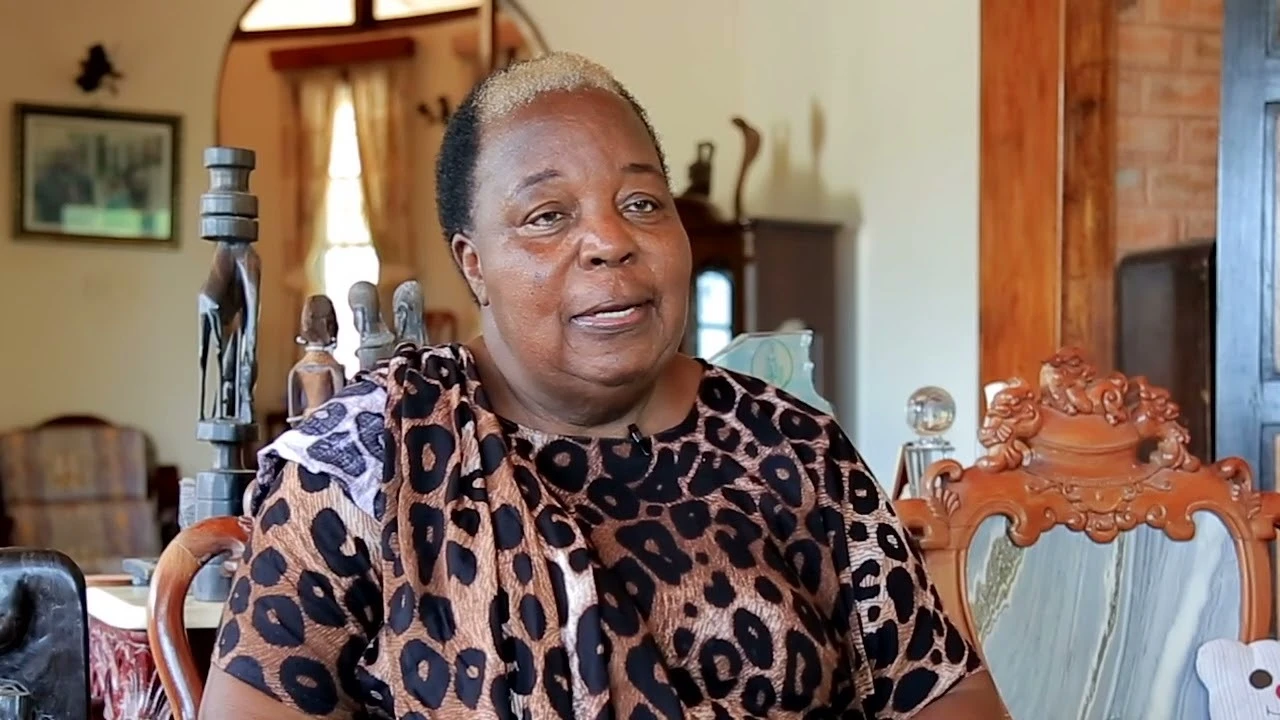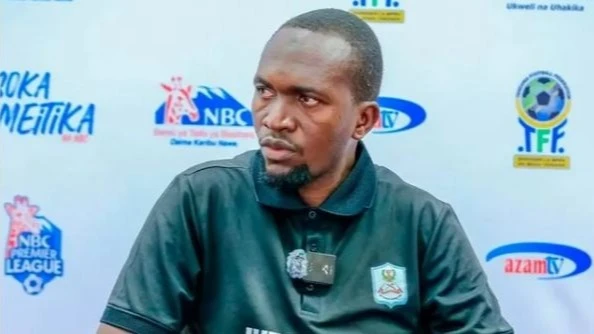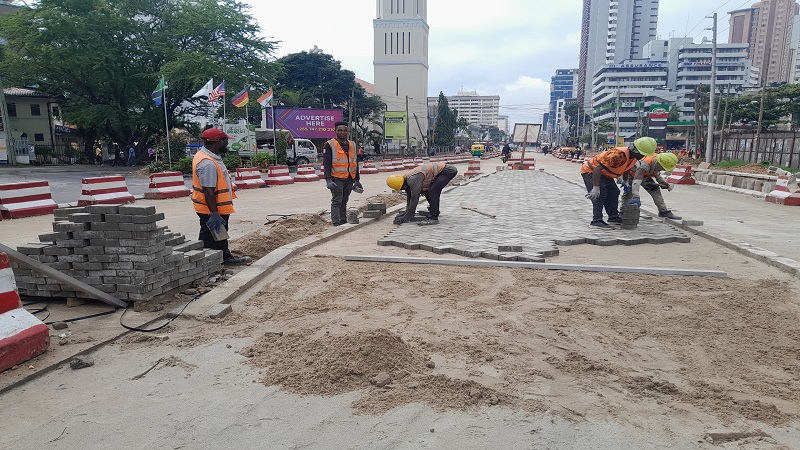East African countries strengthen regional collaboration on Blood Disorder Care
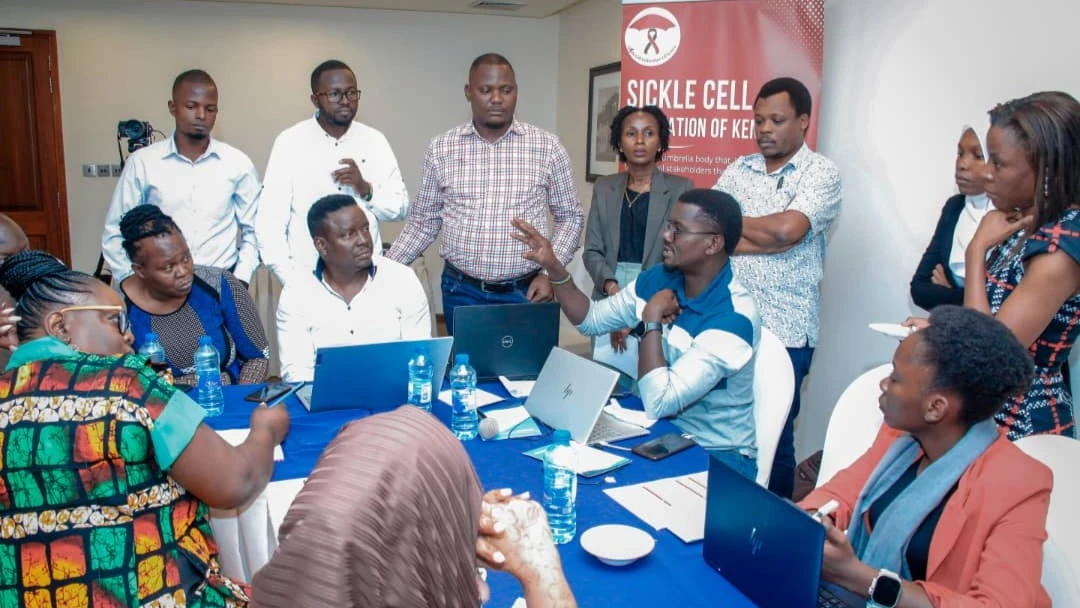
A regional health meeting held this week in Dar es Salaam brought together experts, health officials, and patient representatives from Kenya, Uganda, Rwanda, and Tanzania to review progress in blood disorder care and strengthen collaboration across the region.
The two-day event marked the conclusion of a joint programme aimed at improving services for individuals living with haemophilia and sickle cell disease and laid the foundation for the next phase of partnership.
Hosted by the Haemophilia Society of Tanzania with support from the Novo Nordisk Haemophilia Foundation, the meeting served as a platform for participating countries to share experiences, assess impact, and align on future priorities. It also reaffirmed the importance of sustained partnerships between governments, healthcare providers, and patient organisations.
Prof. Lawrence Museru, Executive Director of Muhimbili National Hospital (MNH), welcomed participants to Dar es Salaam and commended the programme’s achievements. He highlighted the value of regional learning and the critical role of institutional collaboration in advancing care.
In her opening remarks, Dr. Stella Rwezaula, Chairperson of the Haemophilia Society of Tanzania, emphasized the power of shared experiences in building resilient health systems. “We are celebrating what we have achieved together while looking ahead with a unified vision. Tanzania is proud to be part of a regional effort that is transforming care for people with blood disorders.”
Since its launch in 2023, the programme has trained over 660 healthcare professionals across the four countries. Twenty-eight of these received specialised training in South Africa, India, and Kenya, with nine Tanzanian specialists now supporting services in referral hospitals across Rukwa, Manyara, Tabora, Tanga, Kagera, Zanzibar, and Mara.
Across the region, 23 integrated clinics were established or strengthened to offer combined haemophilia and sickle cell services. These clinics have significantly improved access to care and reduced travel time for families, many of whom previously depended on central hospitals for basic treatment. During the programme period, more than 400 individuals were newly diagnosed or reconnected to care—including 74 in Tanzania.
National treatment guidelines have been developed, providing a framework for standardised care and expanding frontline service capacity. Kenya also launched a Centre of Excellence at the Kenya Medical Training College to spearhead regional training on blood disorders. Dr. Kibet Peter Shikuku of the Kenya Haemophilia Association highlighted the practical benefits of this collaboration:
“This partnership allowed us to move faster and more effectively. We shared training models, advocacy strategies, and built something that each country can now sustain and grow.”
Advocacy and patient engagement were also central to the programme. Initiatives such as youth training, organisational development, and cross-country visits strengthened national patient groups. In Uganda, advocacy efforts led to the allocation of public funds for diagnostic reagents. In Tanzania, blood disorder care is being integrated into national health planning for the first time.
Agnes Kisakye from the Haemophilia Foundation of Uganda noted that these changes are making a tangible difference. “Access to care is improving and families feel supported. These changes are not only about systems—they’re about real people who are finally being seen and heard.”
The Dar es Salaam meeting focused not only on past achievements but also on sustainability. Delegates engaged in a joint planning process to define regional priorities for the next two years, including expanding outreach services, increasing early diagnosis, strengthening data systems, and encouraging continued government investment.
Dr. Evariste Ntaganda of the Rwanda Federation of Hemophilia emphasized the strength of the regional approach. “Our countries moved together, creating a level of trust and learning we wouldn’t have achieved alone. This is what shared health leadership looks like.”
The programme also piloted newborn screening in Mara, Tanzania, where over 2,300 infants were tested for sickle cell disease. Nearly 400 children have since been enrolled into care. With an estimated 20,000 children born with sickle cell disease each year in East Africa, early detection and ongoing care remain urgent priorities.
Participants agreed that one of the programme’s greatest lessons is the value of working through national systems. “When you work with government, you reach more people and strengthen systems that last,” said Llyord Mwaniki, Programme Manager at the Novo Nordisk Haemophilia Foundation.
Muhimbili National Hospital continues to play a key role in supporting haemophilia care in Tanzania. Prof. Mohamed Janabi, Executive Director of MNH, has emphasized the importance of public education and rare disease awareness. During the 2025 World Rare Disease Day, he stated, “Strengthening the capacity of medical practitioners will enable them to understand various aspects of rare diseases, thus improving diagnosis and treatment.”
As the regional initiative moves into its next phase, partners reaffirmed their commitment to continued learning, collaboration, and ensuring that people with haemophilia and sickle cell disease remain at the centre of national health agendas.
Top Headlines
© 2025 IPPMEDIA.COM. ALL RIGHTS RESERVED


